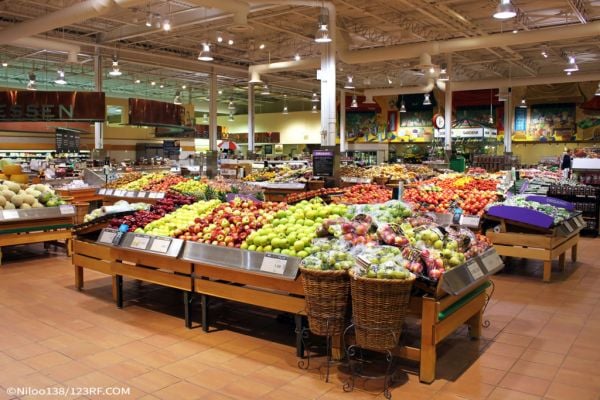The global food industry is entering the age of 'Assurance 4.0' – a new era of risk management where maintaining product integrity has emerged as a key challenge, LRQA has said.
The safety, quality and asset certification body encourages food businesses to ensure that they uphold regulatory obligations and meet consumer expectations when it comes to safe, authentic, high-quality products amid growing turbulence, related to geopolitics, climate change and the emergence of new technologies.
Inter-Connected Risk
“Inter-connected risk is emerging as a vital consideration for food safety professionals when approaching the assessment of risk," commented Kimberly Coffin, global technical director for supply chain assurance at LRQA.
"Think about, for example, the effects of climate-related crop failure on raw material availability and need for rapid on-boarding of new supply; or the inherent risk of cyber-attack when selecting and implementing new technologies for improved ways of working. It is this need to analyse and consider risk in an ‘end-to-end’ way that is becoming crucial to businesses surviving times of crisis.”
Coffin will be among the speakers at the forthcoming Global Food Safety Initiative (GFSI) Conference 2024, taking place in Singapore later this month, where she will outline the 'essential steps' businesses must take to navigate this new era of risk – including using product vulnerabilities to better inform risk assessments, leveraging extended data sources to determine risk impact, and future-proofing businesses for the risks of the coming decade.
Signals Of Vulnerability
“We need people to understand where the data with greatest value exists and how that data can be captured, analysed to identify signals of vulnerability, and used to assess the efficacy of existing controls when setting risk management priorities," she said.
"Aggregating a large amount of meaningful data can truly inform where risk resides so businesses can better understand potential impacts to product safety, brands and ultimately to consumers."
She added that in this "new era" of risk, it's not just about producers, manufacturers and suppliers doing more, but rather "establishing a new approach to setting risk management priorities using data to identify areas of risk and create effective strategies that go beyond compliance - ensuring no compromise to the integrity and safety of their products.”














